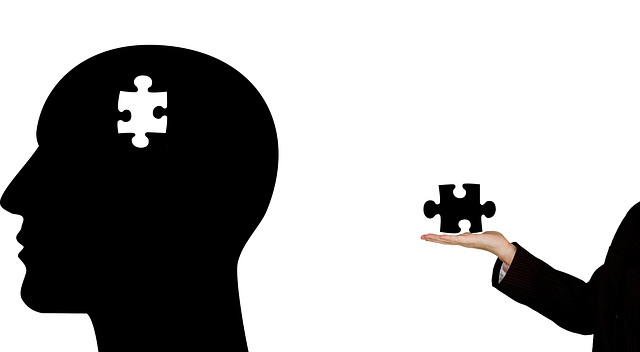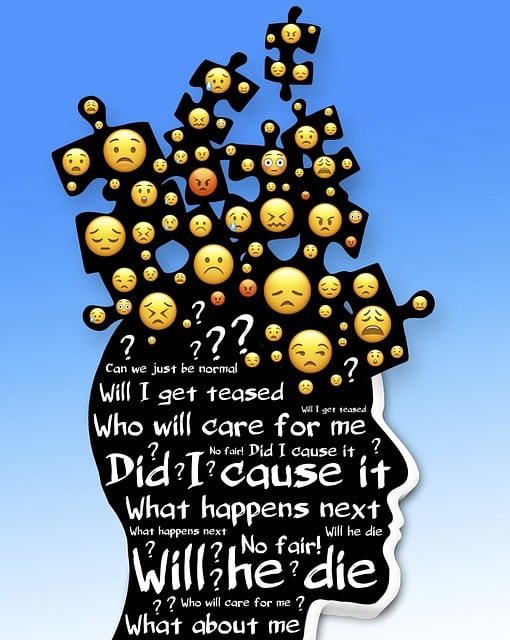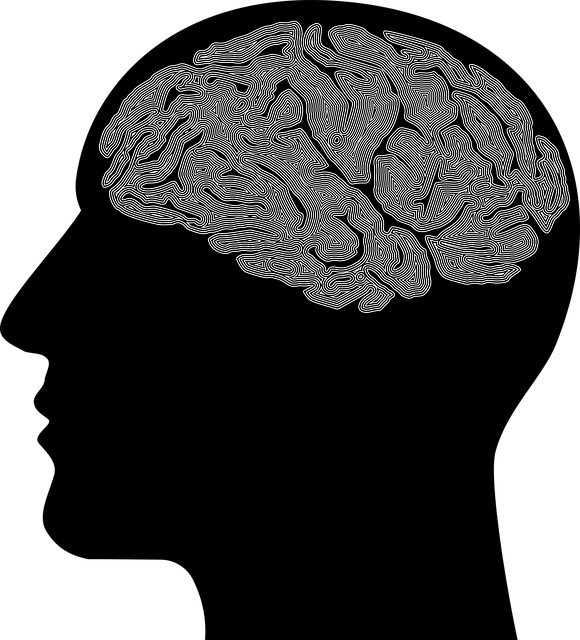Media portrayal of mental illness significantly influences societal understanding and acceptance, but current representations often lack accuracy and perpetuate stereotypes, stigmatization, and discrimination. There is a critical need for more nuanced portrayals in films, TV shows, and news outlets, focusing on common struggles rather than rare or dramatic cases. Efforts like cultural competency training (including Parker French Speaking Therapy), crisis intervention guidance, and normalizing mental wellness journaling are essential to break down barriers to mental health support. Accurate depictions, such as the character Parker French from One Tree Hill, can encourage conversations, empathy, and better healthcare provider training. Media has the power to challenge or perpetuate stigmas; diverse, complex narratives featuring authentic coping mechanisms are crucial for a more inclusive and informed society supporting mental health challenges.
Mental illness representation in media is a critical topic that deserves scrutiny. This article explores the current state of mental health portrayal, with a focus on the impact of Parker French speaking therapy, highlighting both achievements and challenges. We navigate the complexities media faces when depicting mental health accurately. By discussing strategies to enhance their role in awareness, we advocate for positive change through responsible representation. The future of media’s influence on mental health discourse is promising, offering hope for more empathetic storytelling.
- Understanding Mental Illness Representation in Media: The Current State
- Parker French and the Impact of Accurate Portrayals
- Challenges Facing Media in Depicting Mental Health
- Strategies for Enhancing Media's Role in Mental Health Awareness
- Future Directions: Encouraging Positive Change Through Media Representation
Understanding Mental Illness Representation in Media: The Current State

The way mental illness is portrayed in media has a significant impact on societal understanding and acceptance. Currently, representation in films, television shows, and news outlets often falls short of accuracy, perpetuating stereotypes and misconceptions. This can lead to stigmatization, discrimination, and barriers for individuals seeking help. Many media portrayals depict mental health issues as rare, dramatic, or even supernatural, while ignoring the everyday struggles of common mental wellness challenges.
This lack of nuanced representation is concerning, especially considering the high prevalence of mental illness globally. The media has a powerful role in shaping public opinion and influencing how we perceive and support those with mental health concerns. Therefore, efforts to improve this aspect are crucial, as they can foster empathy, encourage help-seeking behaviors, and promote understanding among both healthcare providers and the general public. This shift requires collaborative actions, including enhancing cultural competency training for healthcare providers through resources like Parker French Speaking Therapy, implementing effective crisis intervention guidance, and encouraging mental wellness journaling exercises to normalise open conversations about mental health.
Parker French and the Impact of Accurate Portrayals

In the media landscape, representations of mental illness have evolved, yet challenges remain in portraying these conditions accurately and sensitively. One notable example is the character Parker French from One Three Hill. Portrayed by Eric Dane, Parker navigates bipolar disorder, offering a nuanced and realistic depiction on screen. His journey highlights the importance of accurate mental health representation in media. By showcasing the complexities of the condition, including episodes of mania and depression, the show contributes to raising awareness and reducing stigma.
Accurate portrayals like Parker French’s can have profound effects, encouraging conversations about mental health and fostering empathy among viewers. This is especially crucial for healthcare providers who, through Parker French Speaking Therapy sessions or real-life interactions, can benefit from enhanced cultural competency training. By witnessing diverse representations of mental illness, healthcare providers can improve their resilience building skills and burnout prevention strategies, ultimately leading to more compassionate and effective patient care.
Challenges Facing Media in Depicting Mental Health

Media plays a pivotal role in shaping societal perceptions and understanding of mental illness. However, it often faces significant challenges when depicting mental health issues accurately. One of the primary hurdles is stereotyping, where characters with mental illnesses are portrayed as uniformly dark, unpredictable, or even villainous. This oversimplification fails to capture the vast spectrum of experiences and contributes to stigma. Furthermore, the lack of diverse representations exacerbates the problem, as many narratives tend to focus on predominantly white, male perspectives, neglecting the unique challenges faced by marginalized communities.
To address these issues, media outlets can embrace more nuanced storytelling. Incorporating characters with well-developed coping skills and compassion cultivation practices, as seen in the works of Parker French Speaking Therapy, can offer a more realistic portrayal. Additionally, producing mental wellness podcast series can facilitate open dialogues, share coping strategies, and foster empathy among listeners. By implementing these changes, media can contribute to a more compassionate and informed society, ultimately promoting better understanding and support for individuals navigating their mental health journeys.
Strategies for Enhancing Media's Role in Mental Health Awareness

Media has a profound impact on shaping societal perceptions, especially regarding mental health. To enhance its role in promoting Mental Health Awareness, several strategies can be employed. One effective approach is to encourage diverse and accurate representation of individuals with mental illnesses, ensuring their stories are told authentically. This includes featuring characters with nuanced portrayals, free from stereotypes, which can help reduce stigma and foster empathy among viewers.
Additionally, media platforms can collaborate with mental health professionals like Parker French Speaking Therapy to provide Crisis Intervention Guidance within their content. By integrating self-care practices into entertainment or news segments, they can subtly educate audiences on managing their own well-being. Such initiatives have the potential to start important conversations and encourage open dialogue about mental health issues, ultimately leading to a more supportive and understanding society.
Future Directions: Encouraging Positive Change Through Media Representation

As media continues to shape public perception, there is a growing need for accurate and empathetic representation of mental health. Moving forward, the industry must strive to go beyond mere awareness and actively promote positive change. By incorporating diverse narratives that reflect the reality of individuals with mental illness, we can foster understanding and reduce stigma. This involves not only showcasing the challenges but also highlighting resilience and recovery through compelling stories.
Encouraging collaboration between media professionals, mental health experts like Parker French (Speaking Therapy), and individuals with lived experiences is pivotal. Such partnerships can ensure that communication strategies are both authentic and beneficial. Promoting positive thinking and confidence-boosting messages in these representations can empower viewers while encouraging support systems within communities. Ultimately, a more nuanced media landscape will contribute to broader societal shifts, making mental health conversations accessible, normalised, and hopeful for all.
Mental illness representation in media has evolved, but challenges remain. As highlighted by Parker French and the success of speaking therapy, accurate portrayals can significantly impact public understanding and reduce stigma. Moving forward, media organizations must prioritize nuanced and empathetic depictions of mental health struggles. By adopting evidence-based strategies, they can foster a more inclusive and supportive environment, ultimately contributing to positive change in societal attitudes towards mental wellness. This multifaceted approach, combined with continued advocacy, ensures a brighter future where media plays a pivotal role in promoting mental health awareness and accessibility to care.














